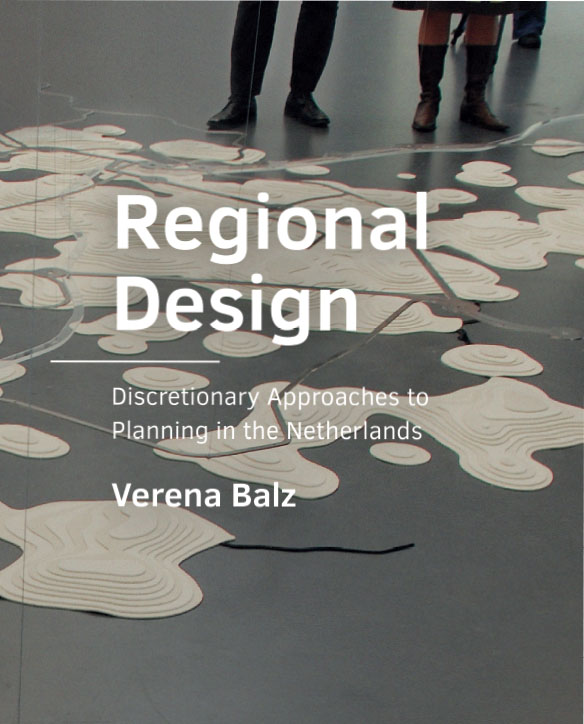Research approach
DOI:
https://doi.org/10.7480/abe.2019.8.3898Abstract
Regional design is a collaborative and interactive social practice that includes a broad array of actors with a multiplicity of different interests. It is concerned with the built environment, which is itself a complex system. As noted in the Introduction, regional design triggers multiple expectations but its performances have rarely been evaluated. There are only a few scholarly writings that are dedicated to the topic; these elaborate upon a multitude of theoretically founded interrelations among regional design and spatial planning but draw on a narrow empirical evidence base. In such a context it is important to first detail and stabilise propositions; and exploratory case-study research is an appropriate research methodology to do so (Yin, 2013). Conditions that qualify such research include a well-motivated selection of consistent cases, suited to explore a proposition internally, and to generalise outcomes. These cases should be ones that exist prior to any exploration, be well-documented through a variety of (preferably) publicly accessible sources, and be spread over time. How these conditions were met in this research will be explained briefly below.

